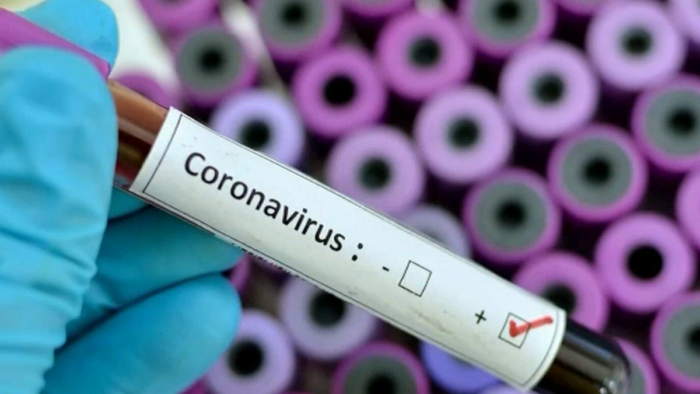Several states, including Rajasthan, have complained about the faulty test kits.
New Delhi, April 21:
All states have been asked not to use the new rapid antibody test for COVID-19 for two days. The Indian Council Of Medical Research, the country’s nodal body in the fight against coronavirus, which issued the order, said it would investigate the issue of faulty rapid testing kits and would “definitely not ignore this defect”.
Around 5 lakh Rapid Test kits were procured by the government and distributed around the country after the ICMR recommended that every resident in coronavirus hot-spots — or areas with a large number of cases — will be tested for the virus. It was decided to use fast-track kits as the regular RT-PCR tests are slow and have to be conducted in laboratories. Many states in the country do not have adequate testing facilities.
Several states, including Rajasthan, have now complained about the Rapid Test kits. Rajasthan today stopped tests through the new kits, saying they had only 5.4 per cent accuracy.
“You all know that Rapid Test Kits were distributed to all states. One state said there are inaccuracies in these test kits. We confirmed this with three states and found that the findings were true to an extent. This is not a good sign. We are working on it,” the ICMR’s Raman R Gangakhedkar told reporters at the daily news briefing today.
The medical body said in the next two days, they will send representatives to all states where the rapid test kits are being used “and will bring the samples and test here”.
“Till then, we advise all states not to use this. In two days, we will be in a position to give a detailed report on this. If the batch of rapid test kits is found faulty, we will ask that company to replace all kits,” said Dr Gangakhedkar, who is the head of epidemiology at the ICMR.
The rapid tests use blood to determine whether the body has developed antibodies for coronavirus, which is the final evidence that a person is infected and works even for people who are asymptomatic.
But the test is not likely to work in the window period between infection and the body’s development of antibodies.
This is why scientists in many countries have questioned the rapid test process, saying it is not yet foolproof and a race is on across the world to devise a test that would be 100 per cent reliable. But meanwhile in face of a virus that’s highly contagious, the need for quick diagnosis and action has pushed many nations to use the rapid tests to point doctors in the right direction.
In its proposal to the government earlier this month, the ICMR had said that those found positive in the antibody tests will go through the RT-PCR tests which rely on throat and nasal swabs and provide concrete results.





